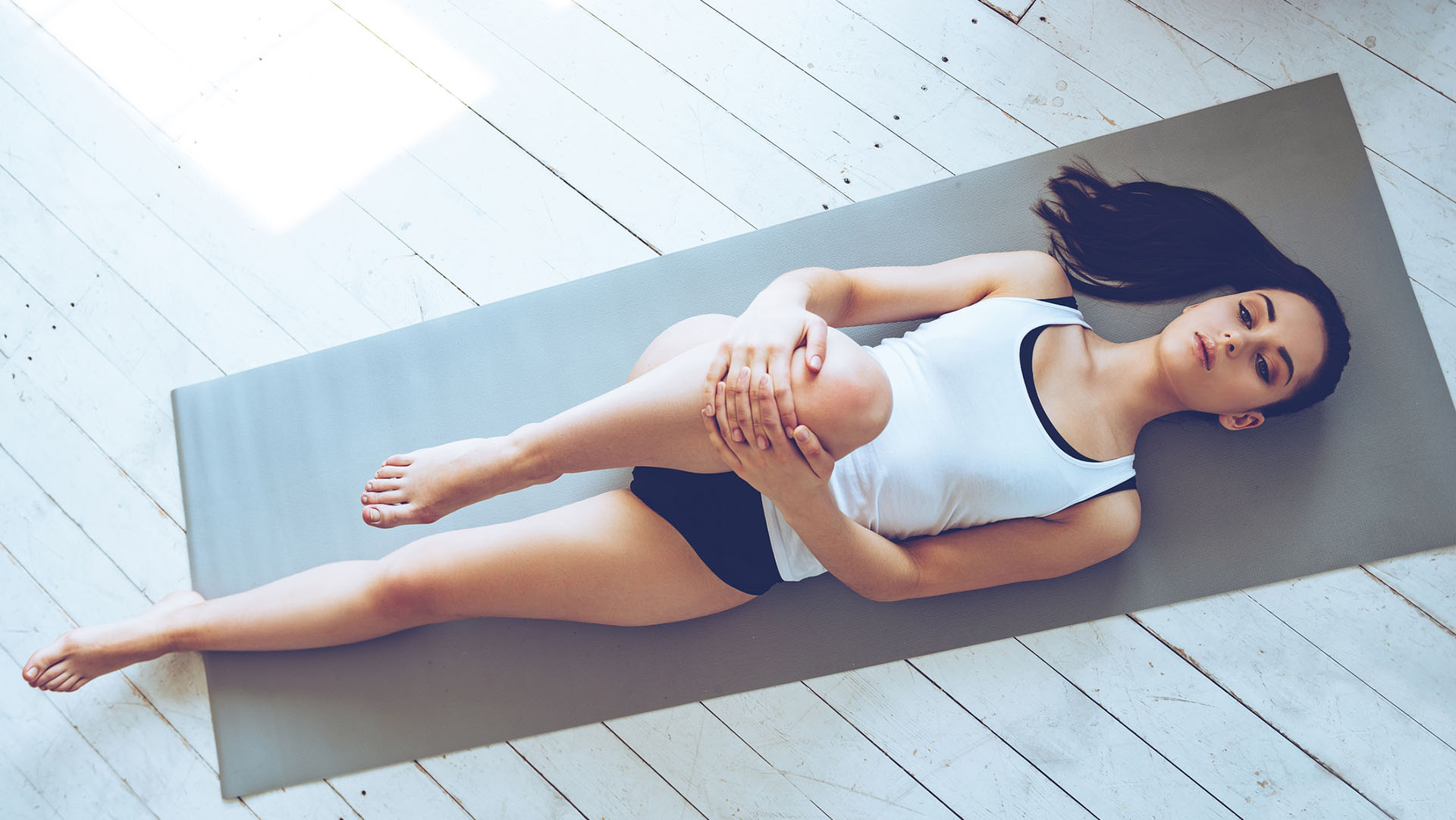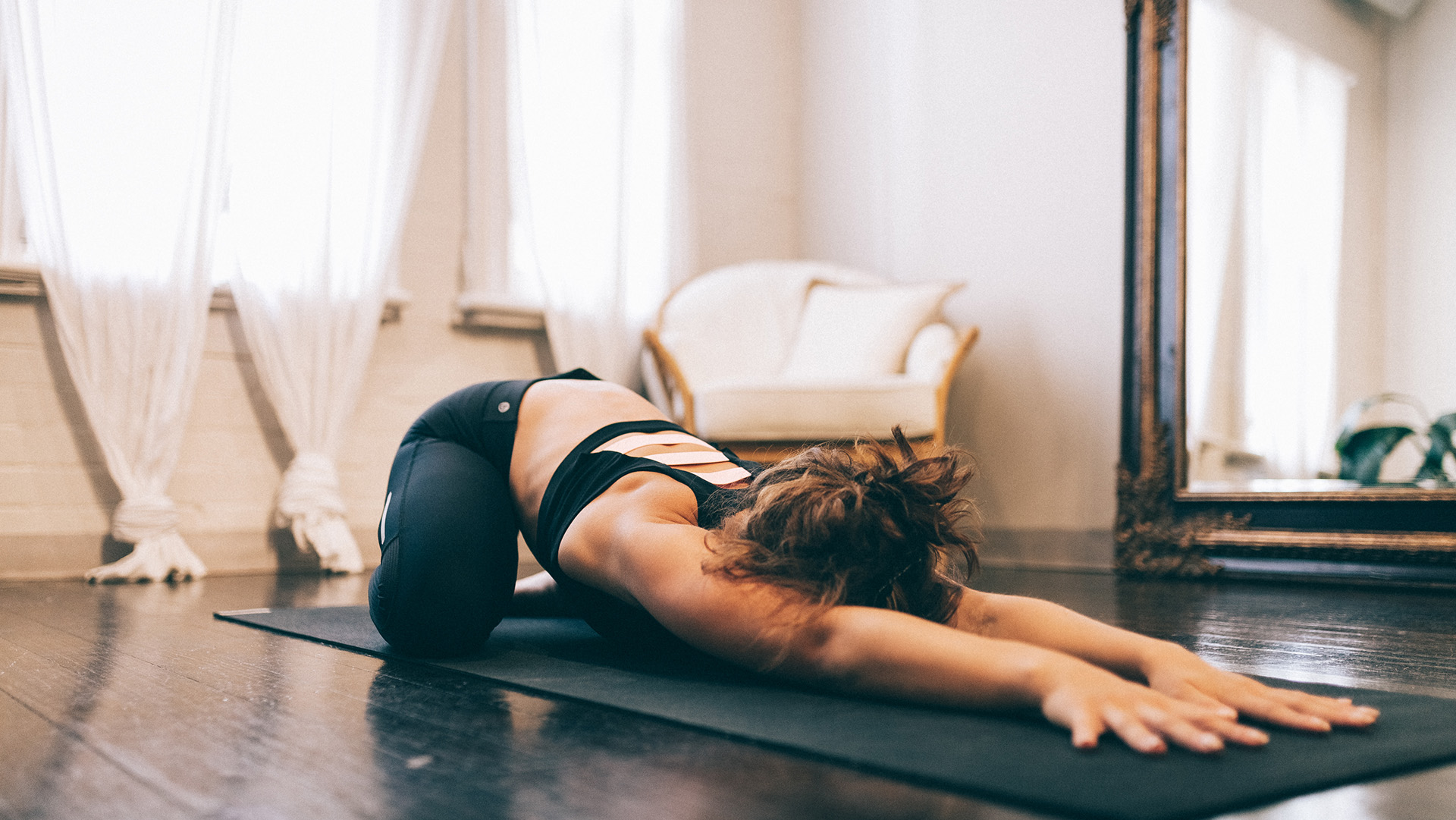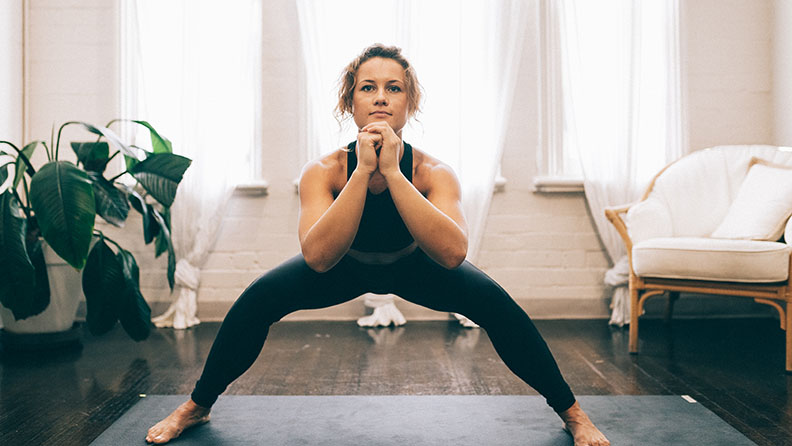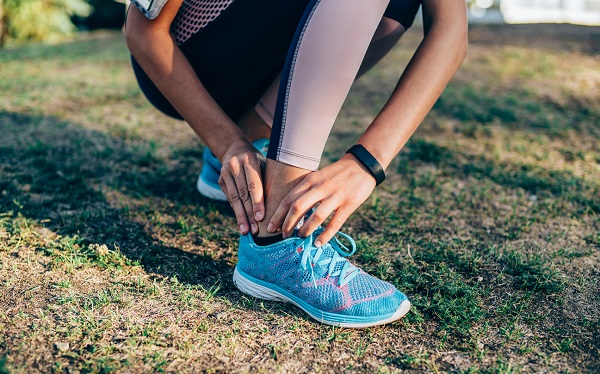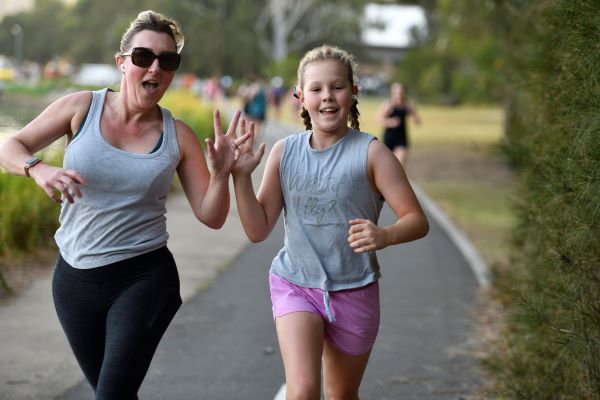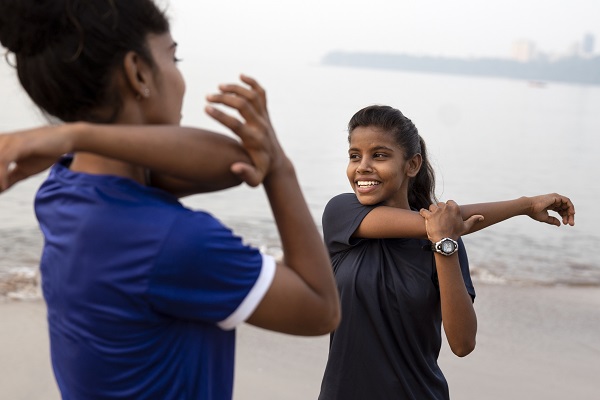-
Ovarian cancer takes a big toll on Australian women. Now, new research is showing that exercise could be a way for women to help prevent and even increase chances of survival from this cancer.
Every year almost 1,400 Australian women will be diagnosed with ovarian cancer. Despite advances in screening and treatment, ovarian cancer generally has a poor prognosis.
Just under half of the women diagnosed with ovarian cancer today will be alive in five years. Compare that number to breast cancer, where 90% of women will be alive five years after it is first detected.
The cause of ovarian cancer is not known for certain, but there are factors such as family history, genetics and age that cannot be changed.
Reproductive factors like an early age when menstruation started, having a late menopause, and being childless after the age of 30 are also linked to ovarian cancer risk. These reproductive factors are equally difficult to change.
Even less is known about how modifiable lifestyle choices such as diet and physical activity can alter a woman’s risk of ovarian cancer. Outside of broad healthy eating guidelines, diet may not be as big an influence as it is for some other forms of cancer, like colorectal cancer.
Physical activity is linked to lessening in risk of many forms of cancer, so research teams have been exploring if ovarian cancer can be added to the list. Two very recent studies published in 2016 give some promising news.
"Physical activity is linked to lessening in risk of many forms of cancer, so research teams have been exploring if ovarian cancer can be added to the list."
What the research found
Both studies were completed by a team of international researchers, and evaluated previous studies from the Ovarian Cancer Association Consortium.
The first study, published in the British Journal of Cancer, involved almost 7,000 women with ovarian cancer. Women who reported that they were mostly inactive in the years leading up to the diagnosis were 22-34% more likely to die of the disease compared to women who were regularly active.
The link between inactivity and ovarian cancer mortality was not influenced by the degree of a woman’s weight (whether overweight or obese), menopause status or degree of tumour advancement. This hints to inactivity itself being linked to a worse prognosis.
The second study involved 8,300 women with ovarian cancer and looked at the risk of developing cancer related to their regular activity patterns. In a remarkable parallel to the first study, women who said that they were not recreationally physically active during their lives had a 34% higher risk of being diagnosed with ovarian cancer compared to those who exercised regularly. This study was published in Cancer Epidemiology, Biomarkers & Prevention.
What does this all mean?
Neither of the studies can prove that exercise would prevent ovarian cancer or delay death from it, but they fit within the scientific narrative of the now recognised benefits that physical activity has as a powerful ‘cancer prevention’ habit.
If the link between physical inactivity and ovarian cancer risk is substantiated, then it represents a powerful lifestyle factor that women can take into their own control. It opens the door for women considered at higher risk of ovarian cancer to receive tailored advice to build more activity into their lives long term.
Until the final research is in, there is no harm in anyone jumping the gun and spending more time moving throughout their day.
For more information, visit Ovarian Cancer Australia.
Could exercise help beat ovarian cancer?
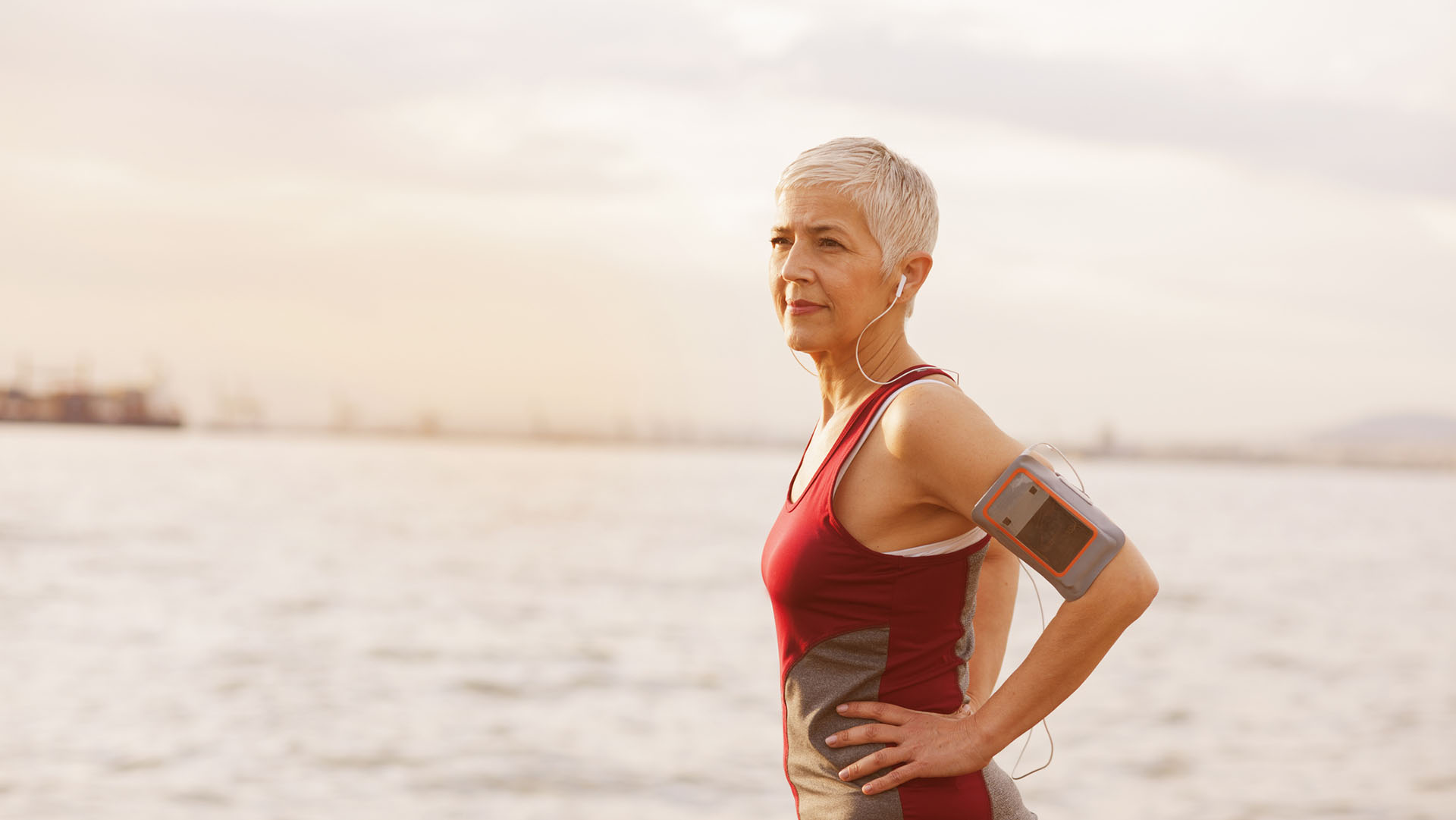
-
Stretches for gym enthusiasts
8 stretches to help you cool down from workouts
-
Stretches for office workers
Stretch out your back and relieve stress
-
Stretches for runners
Stretch your legs, hips and back after a long run
-
How to walk 10,000 steps
Discover how to easily reach your goal of 10,000 steps daily.
-
Everything you need to know about parkrun
Been wondering what a parkrun looks like? Where do you go? What do you do? How do you sign up? Find out here.
-
Five ways to exercise when on a budget
You don’t need to spend money on gym memberships just to meet your fitness goals. Here are five free ways to stay healthy and active when you’re living on a budget.
Subscribe to receive the best from Live Better every week. Healthy recipes, exercise tips and activities, offers and promotions – everything to help you eat, move and feel better.
By clicking sign up I understand and agree to Medibank's privacy policy

